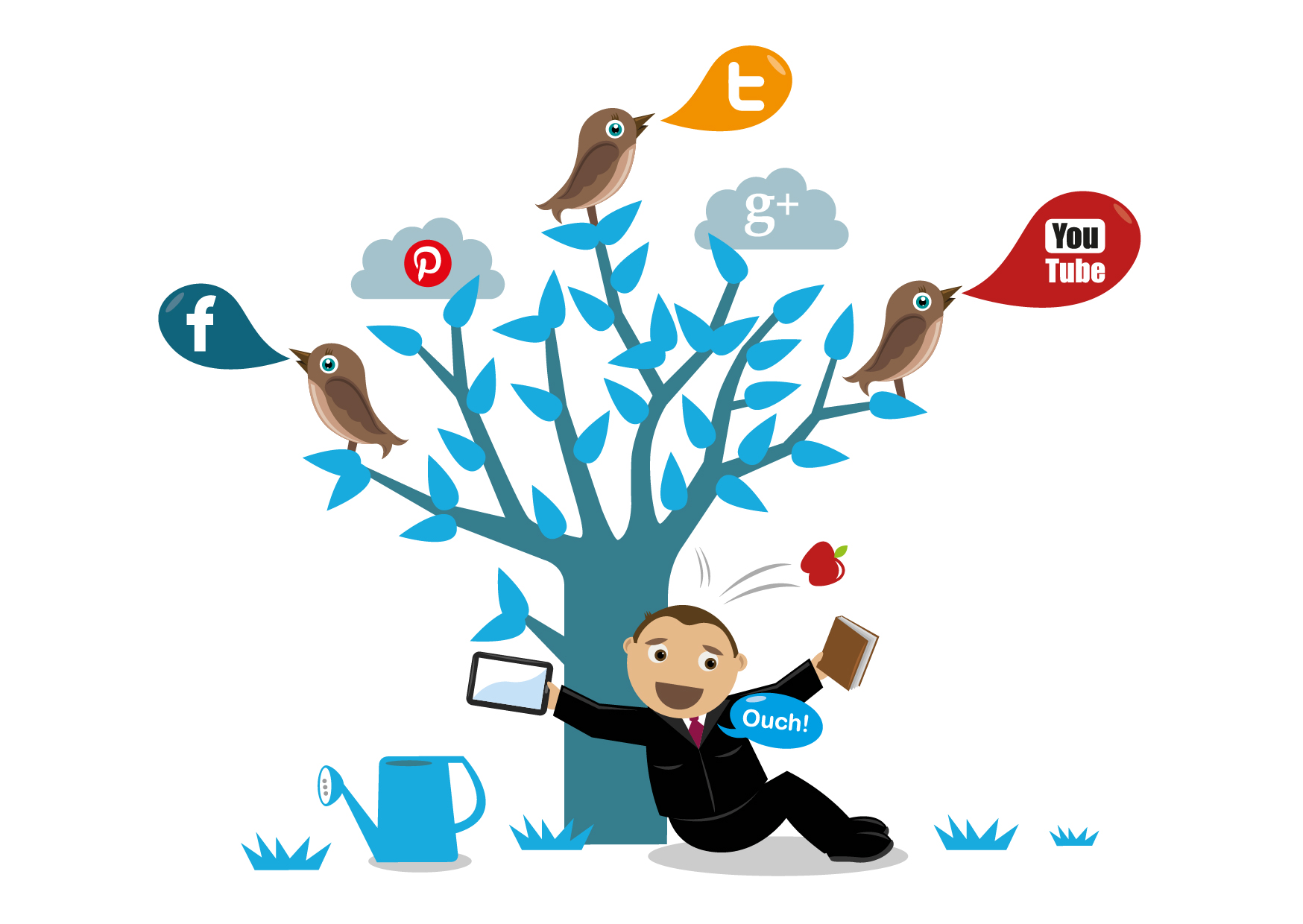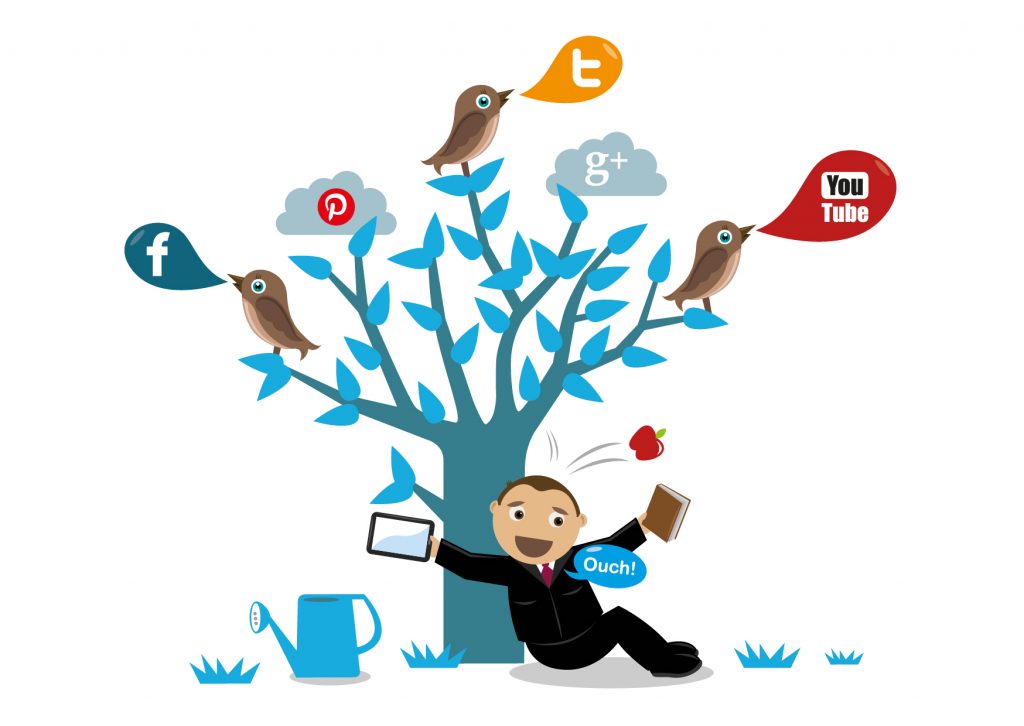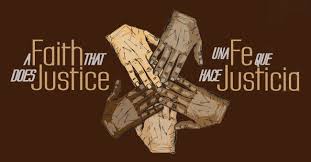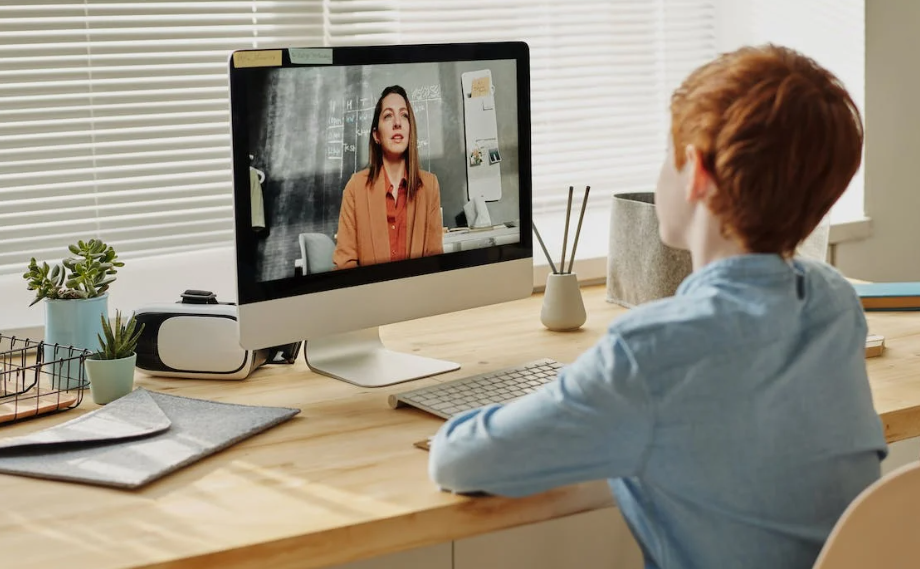6074Views 0Comments

Social Media In Education: Success or Epic Fail?
Can social media really help education? This article questions whether it can and why it cannot. There is something positive to be found in most things, but we have to remember that social media is an entertainment device it is not built for education. It was built to entertain and distract, which makes it unsuitable for educational purposes. This article examines the negative sides to social media when it comes to education, and it examines the potential positive sides it may have.
Social Media can Ruin Education
It can ruin education because it is a time vampire that constantly begs the attention of people that should be studying. The worst thing is that the more time you spend on it then the more interesting it becomes. It is very easy to mess up your education by simply wasting time on social media. We cannot blame social media completely because a large part of the blame has to rest on the student. If the student had the discipline and willpower to tear him or herself away from social media, then this sort of thing wouldn’t be a problem.
Social Media is a Time Vampire
This means that it takes up your time without you realizing it. It is very easy to waste hours on social media without even noticing. By the time you start to study you discover that it is time to go to bed. Underestimate how much time it is going to steal from you and it will steal more than you realize.

Effective Collaboration May Help
Collaborating when it comes to studies is not a bad idea. If social media can be used as an effective and free way of collaborating, then it may be worth using it. It may help with a student’s education if collaboration is possible and effective. If the students are being distracted by the social media website and are not concentrating on the issues at hand, then collaboration will be ineffective and social media collaboration will have a very small positive effect on the student’s education.
Monitored and Structured Collaboration is Best
If it is monitored and structured, then it is a lot harder for the students to become distracted. If the sessions are structured, then it is easier for the students to collaborate and the entire session will be a lot more productive.
Is it Inappropriate for Teachers to Keep Contact Over Social Media?
If teachers are allowing contact between their students and themselves on their private social media profiles then that is highly inappropriate. If they are allowing contact via a system and profile set up by the school/college, then that is okay so long as the contact being made is rigorously monitored.
If this is going to happen, then let’s make sure it is highly monitored. If a crocodile bites your hand once then you never trust it again, and this particular croc has bitten our children almost as many times as Catholic priests. Arrests and prosecutions for inappropriateness and sexual assault of children are ranked at parents/guardians for number one, catholic priests for two, teachers come in third and complete strangers fourth.
Not Trusting Teachers on Social Media is Simple Common Sense
Teachers should not be trusted when it comes to appropriate action, so if we are to have them make contact with children over social media in order to help with their education, then let’s make sure it is highly monitored. Let’s give the NSA something to do other than monitor Twitter for racism. Teachers shouldn’t be trusted because a small group of men and women in the teaching industry have abused the trust of children and parents and it would be highly immoral to start implicitly trusting all teachers again.
If it were monitored, then it is possible that teachers could help children via social media. Simple questions posted anonymously could be answered on public social media forums for all the students to see. Answering questions one-to-one is silly because there are probably lots of other students with the same questions.
Social Media could Hold Answers to Questions Other Students Have
It is possible that a struggling student may be able to find answers and resources on social media. Social media may have links to helpful resources and social media may have pictures that help students understand concepts. The pictures notion comes from the many Infographics that exist, as they will often explain things that students wish to know. It is also possible that other students will help the struggling student (though this cannot be relied upon).
There are also videos on social media networks such as YouTube, and some of the YouTube tutorials are actually rather good. It is possible that students may find answers on social media, but since a lot of what is published is incorrect, it may be wise for teachers to check the resources that students are using–just to be sure they are not being fed incorrect data and information.
The article is proofread by the team of Allcorrect.org


